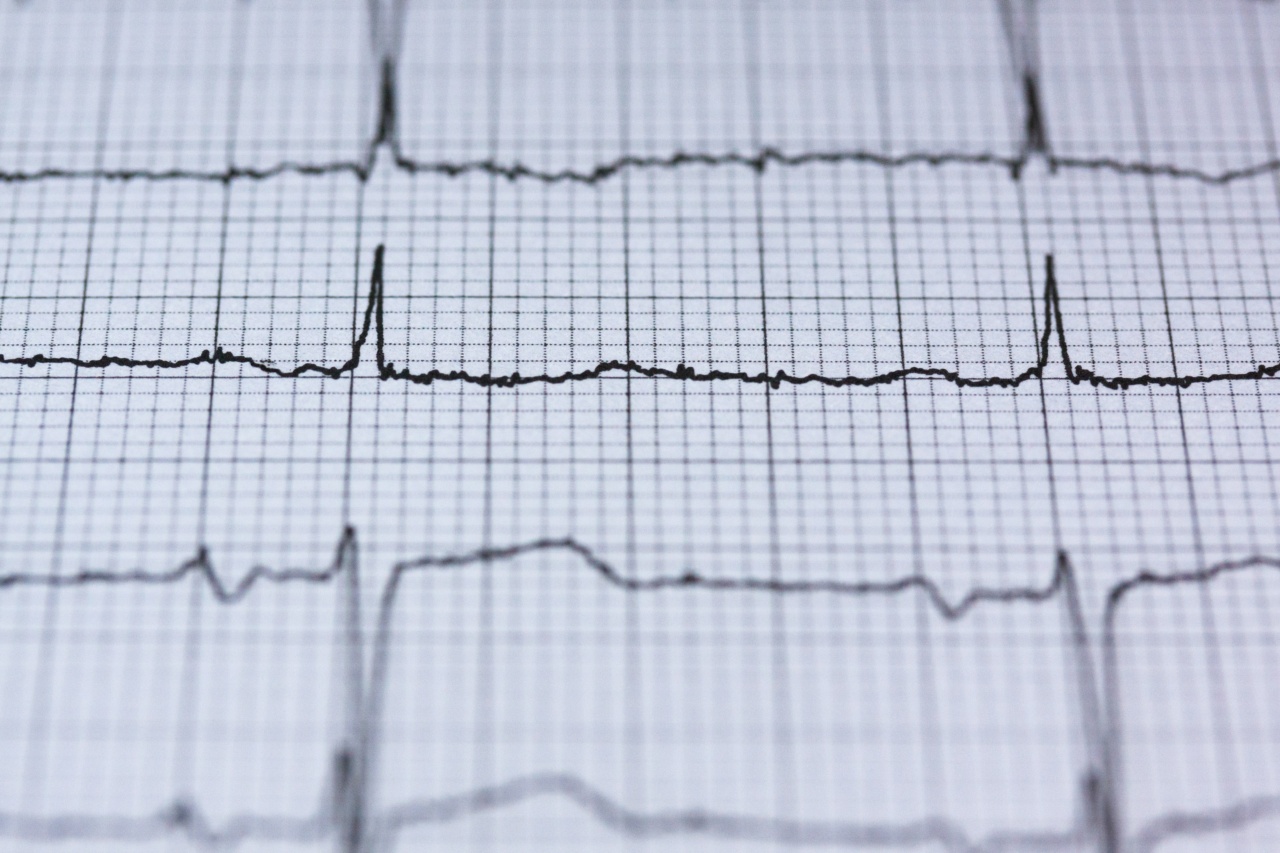A Cardiac Exclusion Guide
The heart is one of the most crucial organs in the human body, responsible for pumping oxygen and nutrient-rich blood throughout the body.
However, as with any other organ, it is vulnerable to illnesses or diseases, and the heart’s rhythm can be affected, leading to problems like arrhythmia.
This article will provide a comprehensive guide to help people understand how they can ensure their heart rhythm stays in check and their cardiac health remains optimal, thereby reducing the risk of heart-related illnesses.
What is Arrhythmia?
Arrhythmia is the term used to describe an irregular heart rhythm. It can either cause the heart to beat too fast or too slow, leading to symptoms like shortness of breath, dizziness, and fatigue.
If left untreated, arrhythmia can lead to more severe heart problems like heart attacks.
There are several types of arrhythmia, including atrial fibrillation, tachycardia, and bradycardia.
It is crucial to visit a healthcare professional if you think you are experiencing any of these symptoms, as they can help confirm the diagnosis and provide treatment options.
Causes of Arrhythmia
Arrhythmia can have several underlying causes, ranging from minor to serious. Some of the more common causes of arrhythmia include:.
1. Heart conditions
Heart disease, heart attacks, and other heart-related problems can all lead to arrhythmia.
2. Medications
Certain medications can affect the heart’s ability to maintain a regular rhythm. If you are experiencing arrhythmia and are taking any medications, it is essential to talk to your doctor to determine if they are related.
3. Stimulants
Caffeine, alcohol, nicotine, and other stimulants can all affect the heart’s rhythm and cause arrhythmia, especially if taken in excess.
4. Other medical conditions
Other medical conditions like high blood pressure, thyroid problems, and diabetes can cause arrhythmia.
Prevention and Management of Arrhythmia
Preventing arrhythmia should be a priority for anyone looking to maintain their cardiac health. Here are some tips to help prevent and manage arrhythmia:.
1. Maintain a Healthy Lifestyle
Having a healthy lifestyle can be one of the most effective ways to prevent arrhythmia. This includes eating a healthy diet, maintaining a healthy weight, exercising regularly, and avoiding smoking and excessive alcohol and stimulant consumption.
2. Manage Stress
Stress can have a significant impact on the heart’s rhythm and increase the risk of arrhythmia. Some effective stress management techniques include meditation, yoga, breathing exercises, and other relaxation techniques.
3. Maintain a Regular Sleep Schedule
A lack of sleep can put a strain on the heart, leading to arrhythmia. It is essential to get enough sleep each night and maintain a regular sleep schedule to help prevent arrhythmia.
4. Take Medications as Prescribed
If you have been diagnosed with arrhythmia, it is crucial to take any prescribed medications as directed by your doctor. Missing doses or stopping medication abruptly can lead to a recurrence of arrhythmia.
5. Visit a Healthcare Professional Regularly
Regular check-ups with a healthcare professional can help identify any underlying cardiac problems that may lead to arrhythmia. Any symptoms of arrhythmia should be reported to a healthcare professional as soon as possible.
Conclusion
Arrhythmia is a serious condition that can lead to more severe heart problems like heart attacks if left untreated. However, there are several steps people can take to maintain their cardiac health and prevent arrhythmia.
A healthy lifestyle, managing stress, good sleep hygiene, taking medications as prescribed, and regular check-ups are all effective ways to prevent and manage arrhythmia.




























